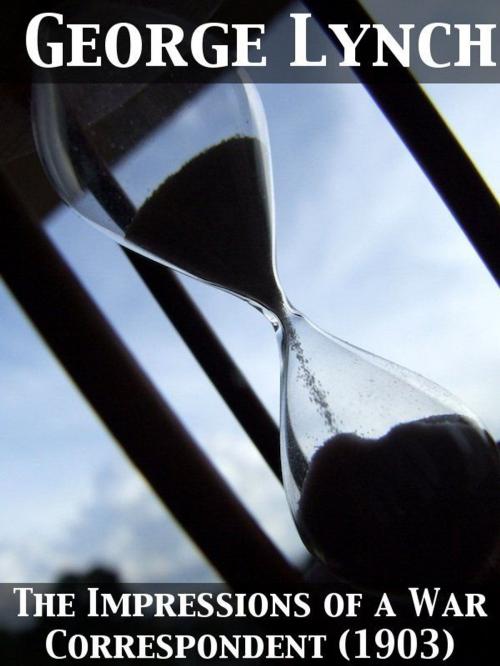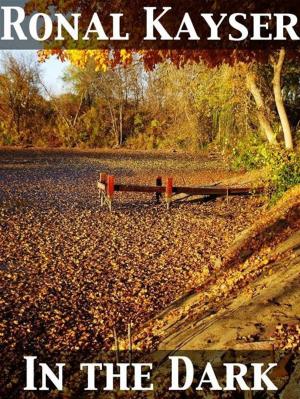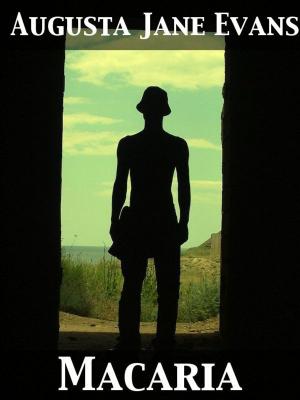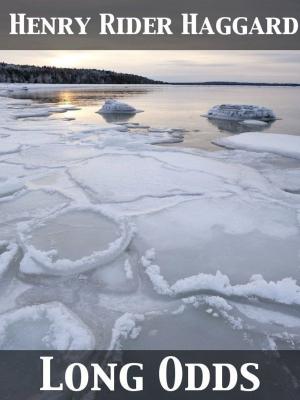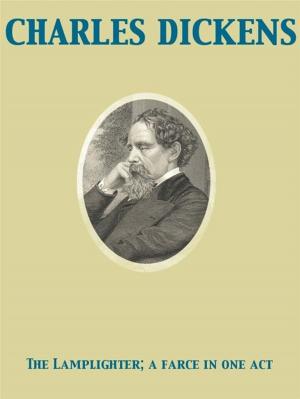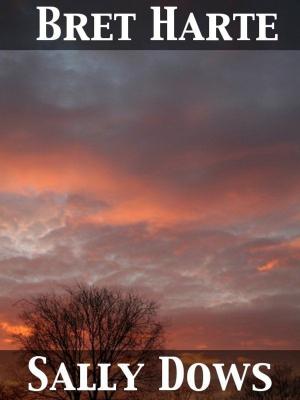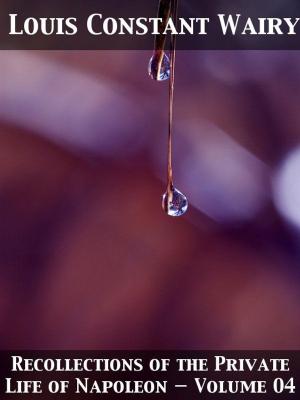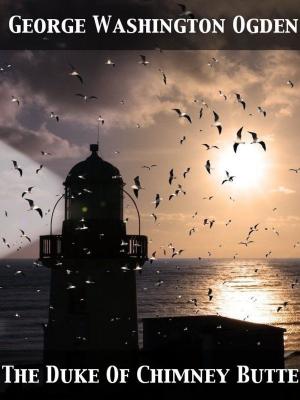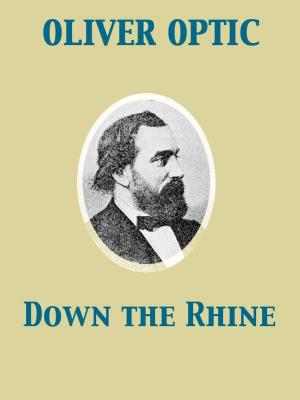| Author: | George Lynch | ISBN: | 9782819902348 |
| Publisher: | Release Date: November 27, 2011 | Publication: | November 27, 2011 |
| Imprint: | pubOne.info | Language: | English |
| Author: | George Lynch |
| ISBN: | 9782819902348 |
| Publisher: | Release Date: November 27, 2011 |
| Publication: | November 27, 2011 |
| Imprint: | pubOne.info |
| Language: | English |
There are few people in the world who have more opportunity for getting close to the hot, interesting things of one's time than the special correspondent of a great paper. He is enabled to see the wheels go round; has the chance of getting his knowledge at first hand. In stirring times the drama of life is to him like the first night of a play. There are no preconceived opinions for him to go by; he ought not to, at least, be influenced by any prejudices; and the account of the performance is to some extent like that of the dramatic critic, inasmuch as that the verdict of the public or of history has either to confirm or reverse his own judgment. There is a peculiar and unique fascination about this reading of contemporary history, as it grows and develops while one peers with straining eyes through one's glasses. There is something like a first night, too, about the way the critics view things. Sometimes great difference of opinion. I recollect the afternoon of Nicholson's Nek – Black Monday, as it was afterwards called – when we returned into Ladysmith half the correspondents seemed to be under the impression that the day had been quite a successful one; while, on the other hand, one had headed his despatch with the words, Dies Iræ, dies illa! To get to the heart of things; to see the upspringing of the streams of active and strenuous life; to watch the great struggles of the world, not always the greatest in war, but the often more mighty, if quiet and dead silent, whose sweeping powerfulness is hidden under a smooth calmness of surface – to watch all this is to intimately taste a great delicious joy of life
There are few people in the world who have more opportunity for getting close to the hot, interesting things of one's time than the special correspondent of a great paper. He is enabled to see the wheels go round; has the chance of getting his knowledge at first hand. In stirring times the drama of life is to him like the first night of a play. There are no preconceived opinions for him to go by; he ought not to, at least, be influenced by any prejudices; and the account of the performance is to some extent like that of the dramatic critic, inasmuch as that the verdict of the public or of history has either to confirm or reverse his own judgment. There is a peculiar and unique fascination about this reading of contemporary history, as it grows and develops while one peers with straining eyes through one's glasses. There is something like a first night, too, about the way the critics view things. Sometimes great difference of opinion. I recollect the afternoon of Nicholson's Nek – Black Monday, as it was afterwards called – when we returned into Ladysmith half the correspondents seemed to be under the impression that the day had been quite a successful one; while, on the other hand, one had headed his despatch with the words, Dies Iræ, dies illa! To get to the heart of things; to see the upspringing of the streams of active and strenuous life; to watch the great struggles of the world, not always the greatest in war, but the often more mighty, if quiet and dead silent, whose sweeping powerfulness is hidden under a smooth calmness of surface – to watch all this is to intimately taste a great delicious joy of life
